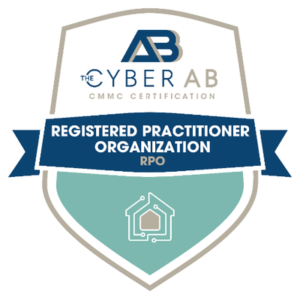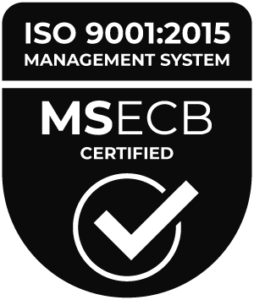Cybersecurity mesh architecture (CSMA) is a modern approach to security that provides a more flexible and scalable way to manage and enforce security policies across a distributed enterprise environment. Unlike traditional security architectures that rely on a centralized approach, CSMA decentralizes security controls, allowing them to be deployed closer to the assets they protect.
Components of Cybersecurity Mesh Architecture
A CSMA comprises several components designed to enhance security across a distributed network. These components include:
- Distributed Security Controls: CSMA places security controls at different points across the network rather than relying solely on a centralized security hub. These controls include identity management, network segmentation and data protection controls.
- Identity Fabric: A core component of CSMA, the identity fabric ensures that all users and devices are authenticated and authorized before accessing resources. Techniques such as single sign-on, multi-factor authentication and privileged access management are used to enforce access control.
- Policy Enforcement Points (PEPs): PEPs are distributed across the network to enforce security policies consistently, no matter where the data or users are located.
- Security Analytics and Threat Intelligence: CSMA incorporates advanced analytics to monitor and analyze network traffic, detect anomalies and respond to threats in real time. Security policies and defenses are updated proactively using threat intelligence.
- Zero Trust Architecture: A fundamental principle of CSMA, zero trust requires strict verification for every person and device trying to access resources, whether inside or outside the network.
Benefits of CSMA
By incorporating principles like PEPs and zero trust, CSMA improves security posture by reducing the attack surface and ensuring consistent policy enforcement. CSMA reduces complexity and costs while offering a better user experience, especially in hybrid and multi-cloud environments. Specifically, CSMA provides enterprises with the following benefits.
- Scalability and Flexibility: CSMA allows for easier scaling as organizations grow. Security controls can be added or modified without significant infrastructure changes, making them adaptable to evolving business needs.
- Improved Security Posture: By decentralizing security controls and employing a zero-trust model, CSMA reduces the attack surface and limits the potential damage from breaches. It ensures that security policies are enforced consistently, even in a highly distributed environment.
- Enhanced Visibility and Control: CSMA provides comprehensive visibility across the entire network, making it easier to monitor user activities, detect suspicious behavior and respond to incidents quickly.
- Reduced Complexity and Costs: By leveraging cloud-based security services and automating many security functions, CSMA can reduce the complexity and costs associated with managing security.
- Better User Experience: Focusing on identity and access management, CSMA can streamline authentication processes and provide a smoother, more secure user experience, especially in hybrid work environments.
CSMA offers a robust framework for enhancing security in distributed, dynamic environments. It enables enterprises to be more resilient against cyber threats while supporting scalability and operational efficiency.
Looking to leverage CSMA for your organizations cyber defenses? MBL Technologies can help. We offer a wide array of cybersecurity services to help you identify weaknesses and implement cost-effective, targeted solutions. Contact us today to get started.




